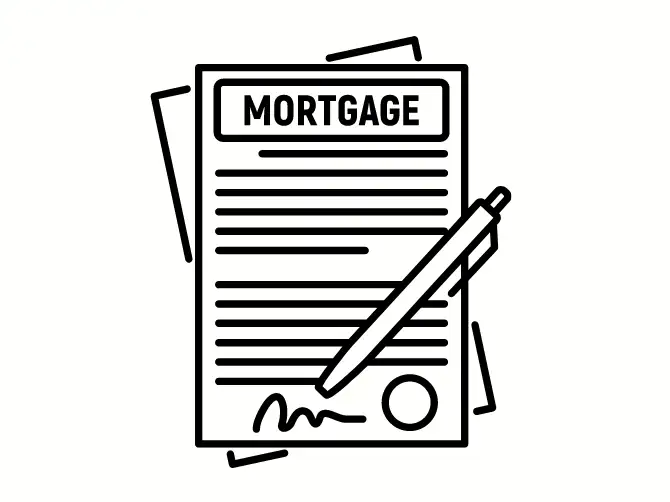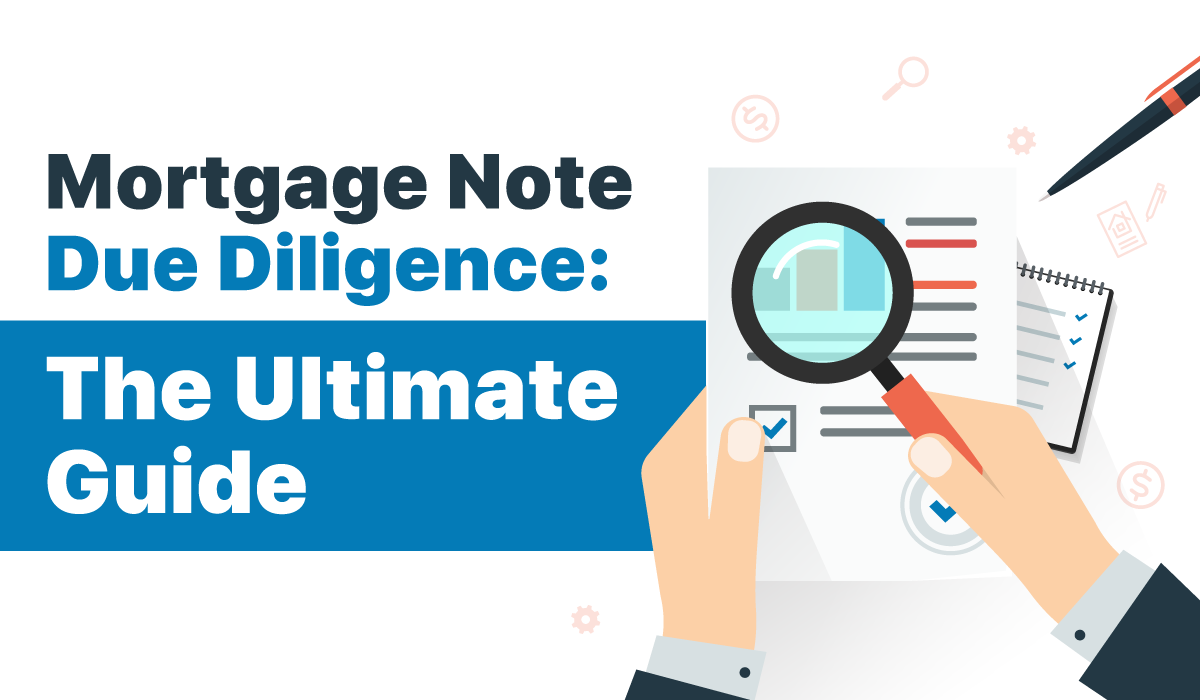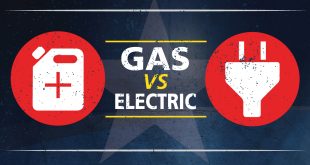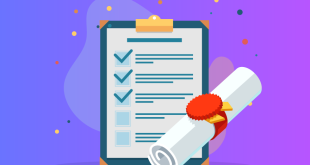A mortgage is a type of loan used to finance the purchase of a home or other real estate property. The borrower (usually the homebuyer) will work with a lender to agree on the terms of the mortgage, including the loan amount, interest rate, and repayment schedule.
Mortgages are typically long-term loans, often lasting 15 to 30 years or more. During this time, the borrower will make monthly payments to the lender, which include both principal (the amount borrowed) and interest (the cost of borrowing the money).
There are several different types of mortgages available, each with its own benefits and drawbacks. Some of the most common types of mortgages include:
- Fixed-Rate Mortgages: With a fixed-rate mortgage, the interest rate remains the same for the entire term of the loan, providing borrowers with a predictable payment schedule.
- Adjustable-Rate Mortgages (ARMs): An ARM has an interest rate that can change over time, based on market conditions. This can make payments more affordable initially, but borrowers will need to be prepared for potentially higher payments down the line.
- Government-Backed Mortgages: These are loans backed by the federal government, such as FHA loans and VA loans. They may offer more flexible qualification requirements and lower down payments, but can also come with additional fees and restrictions.
When applying for a mortgage, lenders will consider a variety of factors to determine your eligibility, including your credit score, income, and debt-to-income ratio. They will also evaluate the value of the property you are purchasing, and may require a home appraisal to confirm its worth.
One of the most important considerations when taking out a mortgage is the down payment. This is the amount of money you pay upfront towards the purchase of the property. In general, a larger down payment can help lower your monthly payments and reduce the overall cost of the loan.
It’s also important to understand the additional costs associated with a mortgage, such as closing costs and property taxes. These can add up quickly and should be factored into your overall budget when deciding how much home you can afford.
Ultimately, a mortgage is a major financial commitment and should be approached with care and consideration. By understanding your options, shopping around for the best terms, and working with a reputable lender, you can secure a mortgage that meets your needs and helps you achieve your homeownership goals.
Conclusion
Faqs
Here are some common FAQs about mortgages:
Q: What is a mortgage?
A: A mortgage is a type of loan used to finance the purchase of a home or other real estate property.
Q: How does a mortgage work?
A: The borrower works with a lender to agree on the terms of the mortgage, including the loan amount, interest rate, and repayment schedule. The borrower will make monthly payments to the lender, which include both principal and interest.
Q: What are the different types of mortgages?
A: There are several types of mortgages, including fixed-rate mortgages, adjustable-rate mortgages (ARMs), and government-backed mortgages.
Q: What is a fixed-rate mortgage?
A: With a fixed-rate mortgage, the interest rate remains the same for the entire term of the loan, providing borrowers with a predictable payment schedule.
Q: What is an adjustable-rate mortgage (ARM)?
A: An ARM has an interest rate that can change over time, based on market conditions. This can make payments more affordable initially, but borrowers will need to be prepared for potentially higher payments down the line.
Q: What are government-backed mortgages?
A: Government-backed mortgages are loans backed by the federal government, such as FHA loans and VA loans. They may offer more flexible qualification requirements and lower down payments, but can also come with additional fees and restrictions.
Q: How do I qualify for a mortgage?
A: Lenders will consider a variety of factors to determine your eligibility, including your credit score, income, and debt-to-income ratio. They will also evaluate the value of the property you are purchasing and may require a home appraisal.
Q: What is a down payment?
A: A down payment is the amount of money you pay upfront towards the purchase of the property. In general, a larger down payment can help lower your monthly payments and reduce the overall cost of the loan.
Q: What are closing costs?
A: Closing costs are the fees associated with finalizing the sale of a home, such as appraisal fees, attorney fees, and title insurance.
Q: What are property taxes?
A: Property taxes are taxes assessed by local governments on the value of real estate property.
Q: How can I find the best mortgage for my needs?
A: By doing your research, understanding your options, and working with a reputable lender, you can find the best mortgage for your needs and achieve your homeownership goals.
 Katha Ankahee Watch All Episodes Free Video
Katha Ankahee Watch All Episodes Free Video




